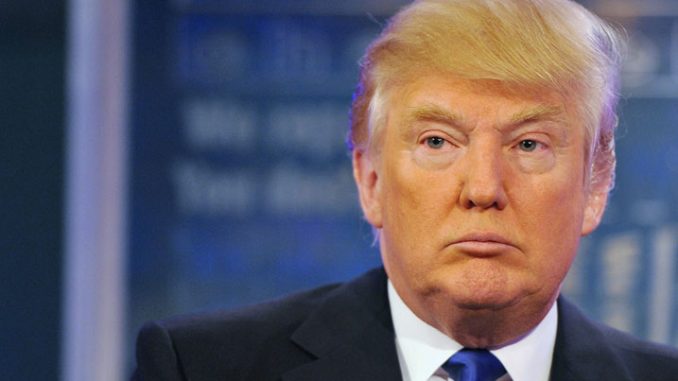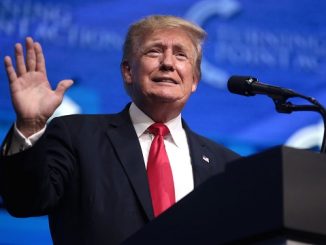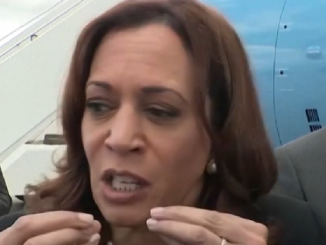
US President Donald Trump has called for drug traffickers to face the death penalty as part of his plan to combat the US painkiller-addiction epidemic.
He outlined the proposal during a speech in New Hampshire, a state badly affected by the opioid crisis.
Mr Trump said his administration was attempting to change the law to execute drug dealers, but it will face stiff political and judicial headwinds.
Opioids are a class of drugs including prescription painkillers and heroin.
Some 2.4 million Americans are estimated to be addicted to the drugs. The crisis claimed an estimated 63,600 lives nationwide in 2016, say health officials.
Mr Trump was cheered on Monday as he told a crowd in Manchester, New Hampshire: “If we don’t get tough on the drug dealers we’re wasting our time.
“And that toughness includes the death penalty.”
Mr Trump previously suggested the “ultimate” punishment for traffickers at a rally in Pennsylvania this month.
What’s the legality of Trump’s plan?
Outlining its plan, the White House said the Department of Justice would seek the death penalty against drug traffickers “when it’s appropriate under current law”.
Drug-related murder is already a capital offence in the US, but no one has ever been executed using those rules.
Mr Trump said on Monday: “We have to change the laws and we’re working on that now. The Department of Justice is working very hard on that.”
However, such a move would require an act of Congress.
And it would probably fall afoul of previous Supreme Court rulings on proportional punishment.
The US president seemed to accept on Monday that his policy faced an uphill battle.
“The ultimate penalty has to be the death penalty,” he said. “Now maybe our country’s not ready for that. It’s possible, it’s possible.”
What does the rest of the world do?
“Take a look at some of these countries where they don’t play games, they don’t have a drug problem,” said Mr Trump on Monday.
He has previously praised Philippines President Rodrigo Duterte, whose war against drug dealers has led to extra-judicial killings.
Philippines police say they have killed 4,100 drug suspects as part of the campaign.
But human rights groups say the real death toll is triple that number, and the International Criminal Court is investigating.
Advocates of capital punishment for drug dealers credit it to Singapore’s low drug use.
But Iran also imposes the death penalty for drug use, yet it is plagued by opiate addiction.
What else does Trump’s opioid plan involve?
The Republican president said his administration would amend government healthcare programmes in order to cut opioid prescriptions by a third over the next three years.
He opened the way for a crackdown on negligent physicians and pharmacies, adding that implicated pharmaceutical companies could face litigation.
The president said his plan would also require electronic data for most international mail shipments to deter the posting of illicit opioids.
Mr Trump said he wanted Congress to approve $6bn ($4.2bn) in new funding in 2018-19 to help fight the opioid crisis.
Congress likely to just say no
Analysis by Anthony Zurcher, BBC News, Washington
Donald Trump is calling for an expansion of the federal death penalty at a time when its use is being increasingly curtailed across the US.
Congress appears unlikely to pass any new extensions of the death penalty and, if it did, the resulting cases would almost certainly be bogged down in legal battles for years, if not decades.
On the ground in states like New Hampshire, West Virginia and Kentucky – the front lines of the struggle to control opioid addiction – concern is largely directed at shutting down the supply of illegal narcotics, particularly potent fentanyl and carfentanil, shipped from overseas – and treating the lifelong struggles of millions of addicts.
Mr Trump’s get-tough rhetoric may garner applause, but in the view of local officials it’s federal dollars for prevention and treatment that save lives.
Source: bbc.co.uk






Be the first to comment